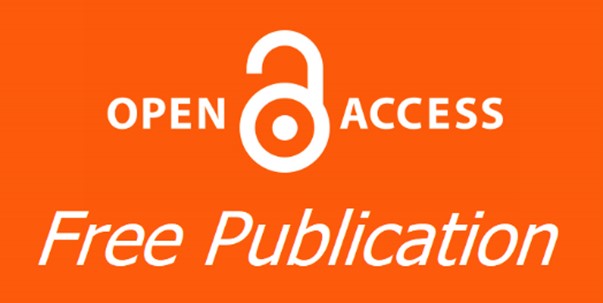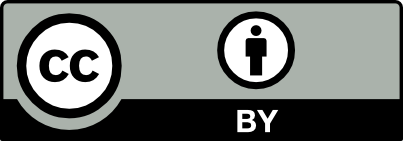Document Type
Original Study
Abstract
Purpose: To compare between laser and conventional cavity preparation techniques in children, to assess clinical presentation of bulk fill composite and high viscous glass ionomer restoration. Materials and Method: In vivo study included 20 children aged from 4-8 years using split mouth technique (a total of 40 teeth was treated). Group I: 20 teeth treated by turbine. Group II: 20 teeth treated with laser. Each group was subdivided into two subgroups. The teeth were filled with Equia forte in groups IA and IIA or filled with REVEAL HD Bulk composite in groups IB and IIB. Results: Results of the study showed that conventional technique need less time than Laser. It also showed higher mean pain score than Laser although it was not significant. Tooth materials displayed excellent clinical evaluation. Conclusion: laser minimize the onset of pain during caries removal compared with drilling. A longer treatment time was the main disadvantage of this technique. Equia, and bulk fill composite, showed acceptable clinical performance.
Keywords
Erbium; primary teeth; EQUIA Forte
How to Cite This Article
El-Dehna, Alaa; Alyaski, Mohamed; and Mostafa, Mohammed
(2021)
"Clinical Evaluation of Laser Versus Conventional Cavity Preparation Methods in Primary Teeth Restorations,"
Al-Azhar Journal of Dentistry: Vol. 8:
Iss.
3, Article 16.
DOI: https://doi.org/10.21608/adjg.2021.19274.1202
Subject Area
Pediatric dentistry and orthodontics Issue (Pediatric Dentistry, Orthodontics)








